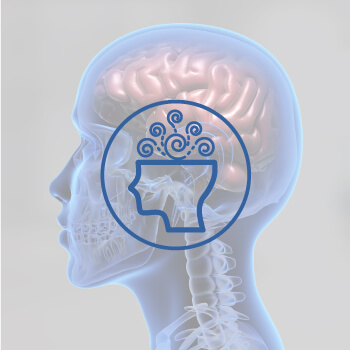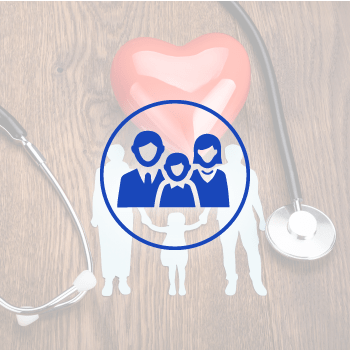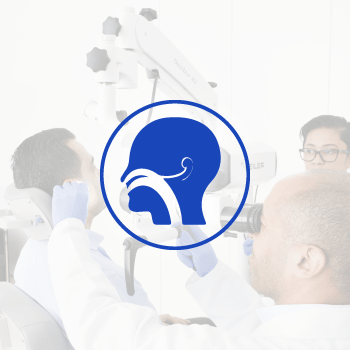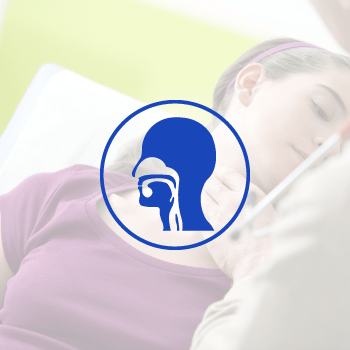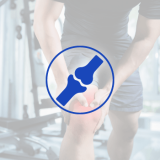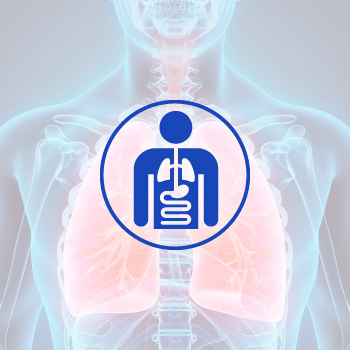HEALTH & RAMADAN
RAMADAN – The Holy Month
For Muslims around the world, fasting is not only a crucial pillar of the Holy Month, but also a powerful tool for cultivating spirituality and enhancing one’s connection with the divine. From the first light of dawn until the sun sets on the horizon, devout believers abstain from food and drink, focusing instead on prayer, charity, and the pursuit of inner peace.
As the day draws to a close, families and friends gather to break their fast with a sumptuous feast known as Iftar, and then rise again before dawn to partake in a nourishing meal called Suhoor.
Healthy tips for Ramadan
- Stay hydrated
- Eat balanced meals
- Stay active
- Get enough sleep
It’s important to drink plenty of water and fluids during the non-fasting hours of the day, especially during suhoor and iftar meals. Dehydration can cause headaches, fatigue, and other health problems.
During the non-fasting hours, try to eat a balanced diet with a variety of foods, including fruits, vegetables, whole grains, lean protein, and healthy fats. This will help provide sustained energy throughout the day.
Don’t skip suhoor
Eating a nutritious meal before sunrise can help keep energy levels up throughout the day and prevent overeating during iftar.
Pace yourself during iftar
It’s easy to overeat during iftar, but this can cause discomfort and digestive issues. Instead, try to eat slowly and mindfully, and stop eating when you feel full.
Avoid processed and fried foods
It’s tempting to indulge in fried and processed foods during Ramadan, but these foods can cause bloating, indigestion, and other health problems. Instead, opt for healthy, whole food options.
Regular physical activity is important for maintaining good health during Ramadan. Try to engage in light exercise such as walking, yoga, or stretching during the non-fasting hours.
Adequate sleep is crucial for good health during Ramadan. Try to maintain a regular sleep schedule and get at least 7-8 hours of sleep per night.
Diabetes and Ramadan
Approximately 116 million people with diabetes fast during Ramadan worldwide.
Healthcare professionals need to understand the impact this has on people with diabetes.
- What are the risks of fasting?
- To fast, or not to fast?
- Hypoglycemia.
- Hyperglycemia.
- Dehydration.
- Diabetic ketoacidosis.
- Hyperosmolar hyperglycemic state.
Risk stratification by a healthcare professional should occur to establish if it is safe to fast. Factors to consider include:
- Type of diabetes.
- Individual risk of hypoglycemia.
- Patient’s medications.
- Presence of comorbidities and/or complications.
- Social and work circumstances.
- Previous experience of fasting.
Pre-Ramadan diabetes education
A pre-Ramadan diabetes education session is advised 1-2 months before the fasting period. The benefits of a structured diabetes education programme with a Ramadan focus include fewer hypoglycemic episodes, weight loss and improved glycemic control. There are six key areas that should be covered:
– Risk quantification. Individuals can be stratified into one of three risk categories. These are very high risk, high risk or moderate/low risk.
– When to break the fast. A fast should be broken if: blood glucose levels are <3.9 or
>16.7 mmol/L; there are symptoms of hypoglycemia; or an acute illness occurs.
– Exercise. Light-to-moderate exercise is advisable during Ramadan.
– Fluids and dietary advice. A Ramadan nutrition plan is recommended.
– Blood glucose monitoring. It is advisable to check blood glucose levels several times a day
This does not constitute breaking the fast.
– Medication adjustment.
Reference: Diabetes & Primary Care, Vol 25, No 1, 2023.





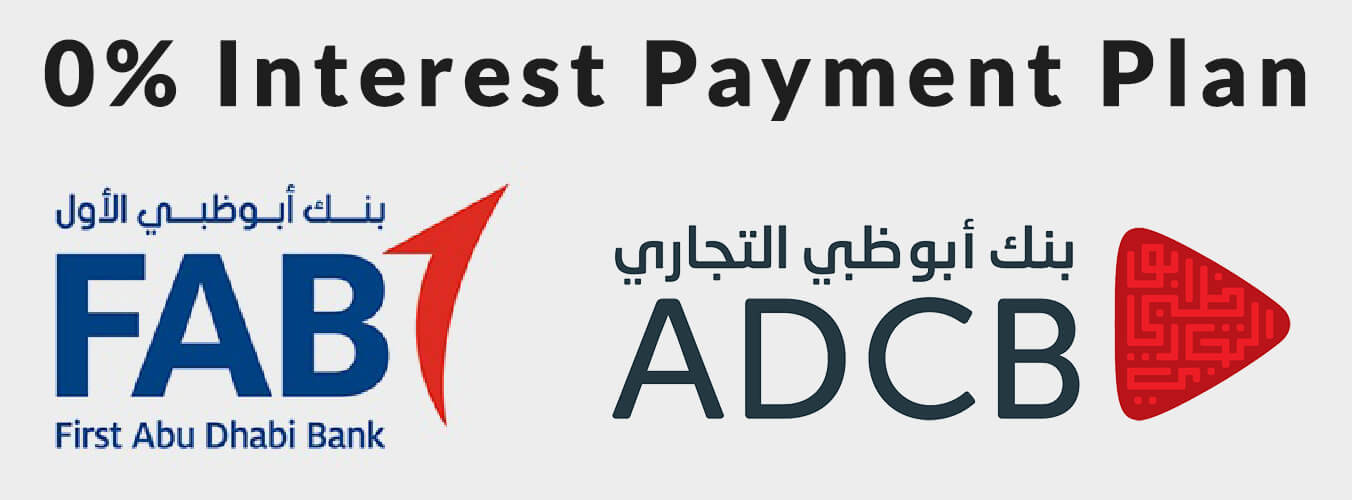
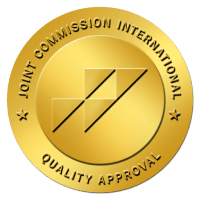
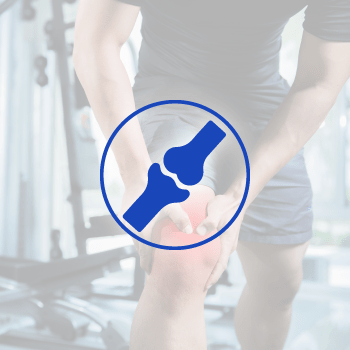 أنقر هنا
أنقر هنا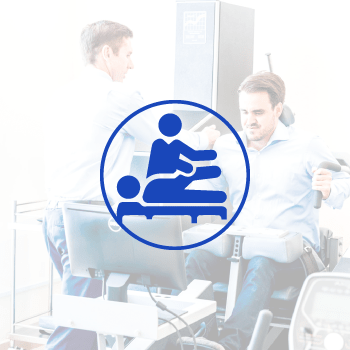 أنقر هنا
أنقر هنا
